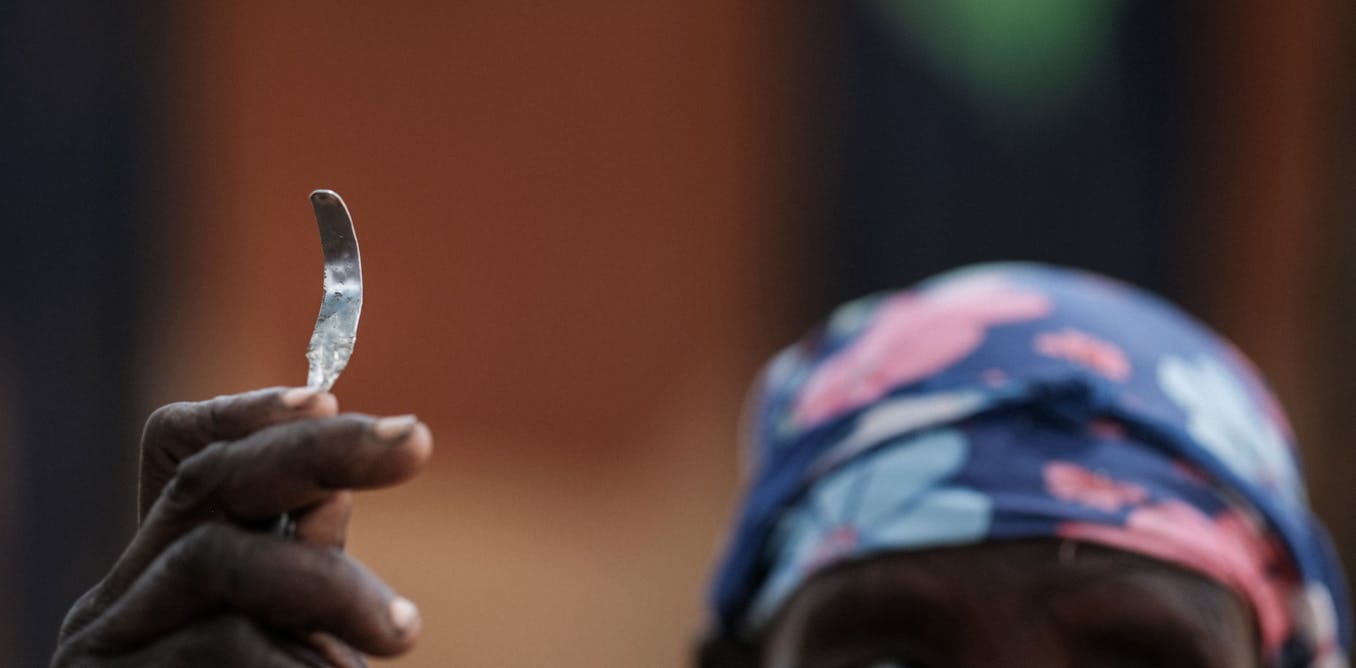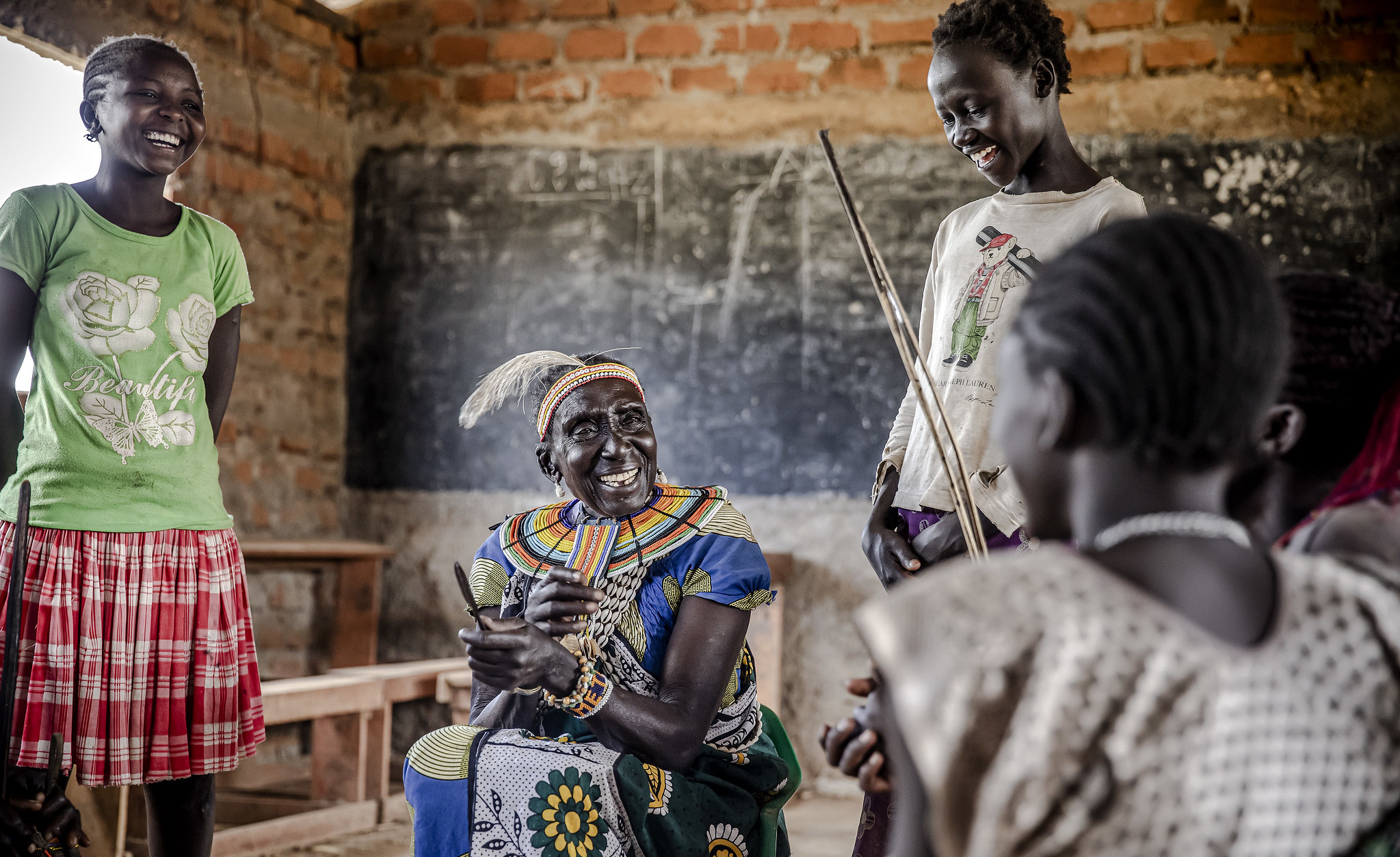Gang!
#FGMGang
To eliminate female genital mutilation by 2030, progress would need to be 27 times faster. Understanding shifting trends behind this practice is a start.

theconversation.com
Female genital mutilation is on the rise in Africa: disturbing new trends are driving up the numbers
Their tragic deaths were highlighted in the latest
Unicef report on female genital mutilation. According to the UN agency
230 million girls and women alive today have survived female genital mutilation, but live with the devastating consequences.
Most procedures happen in African countries, accounting for
144 million cases.
Internationally recognized as a human rights violation, female genital mutilation (FGM) the partial or total removal of the external female genitalia, or other injury to the female genital organs is a serious reproductive

esaro.unfpa.org
Context in East and Southern Africa
FGM is typically performed on girls under 15 years old, but sometimes in the first weeks of life and occasionally on adult women. It is estimated that some 200 million girls and women globally have undergone some form of female genital mutilation. In Africa, women are subjected to female genital mutilation in 28 countries – this includes Eritrea, Ethiopia, Kenya, Tanzania and Uganda in East and Southern Africa.
Prior to the COVID-19 pandemic, the pace of abandonment of the harmful practice is speeding up. This was because of increased ownership, dynamism and initiative on the part of national governments and implementing partners. The campaign showed an influence on maternal and child health, education and child marriage, and the general wellbeing of women and girls.
UNFPA also helps strengthen health services to prevent female genital mutilation and treat the complications it can cause. UNFPA works with civil society organizations that engage in community-led education and dialogue sessions on the health and human rights aspects of the practice. The Fund works with religious and traditional leaders to de-link female genital mutilation from religion and generate support for its abandonment. UNFPA also works with the media to foster dialogue about the practice and to change perceptions of girls who remain uncut.








